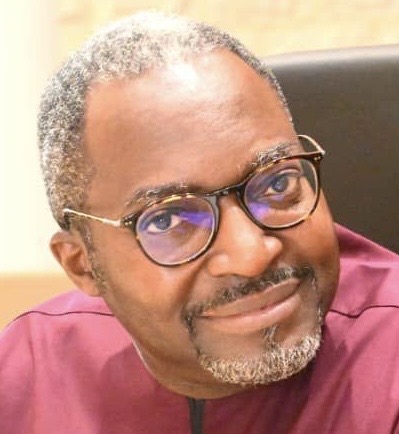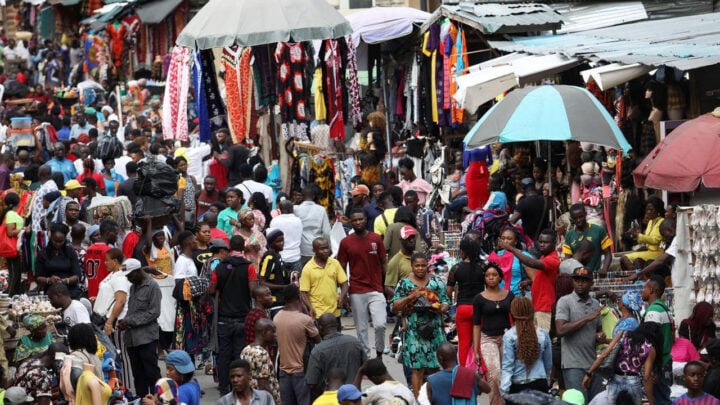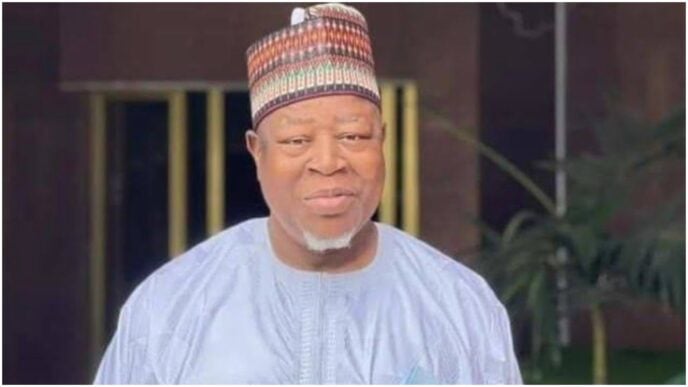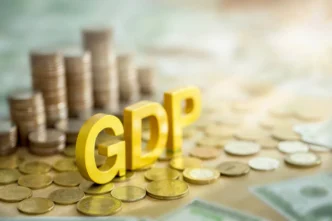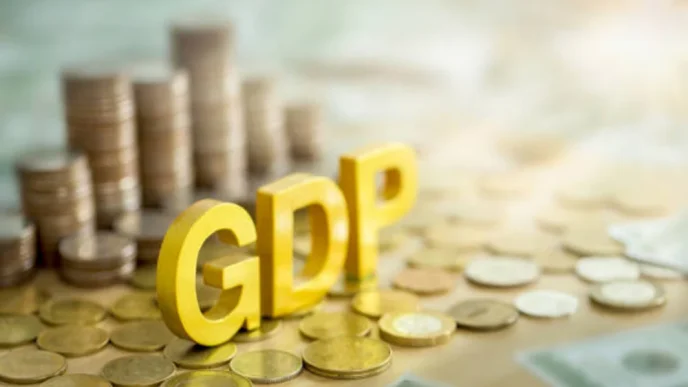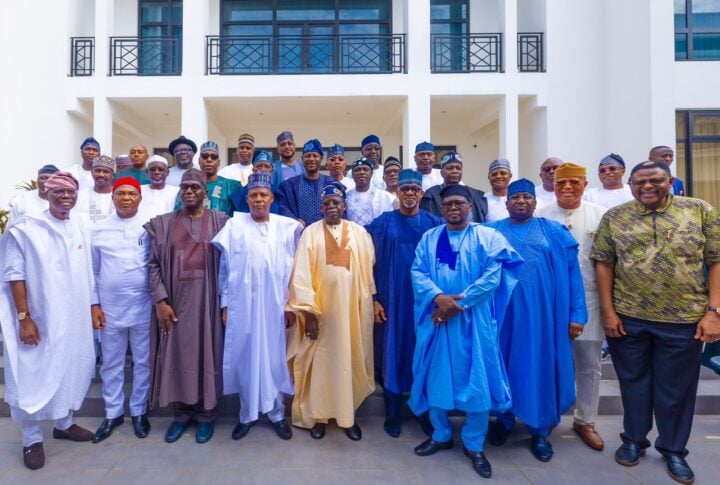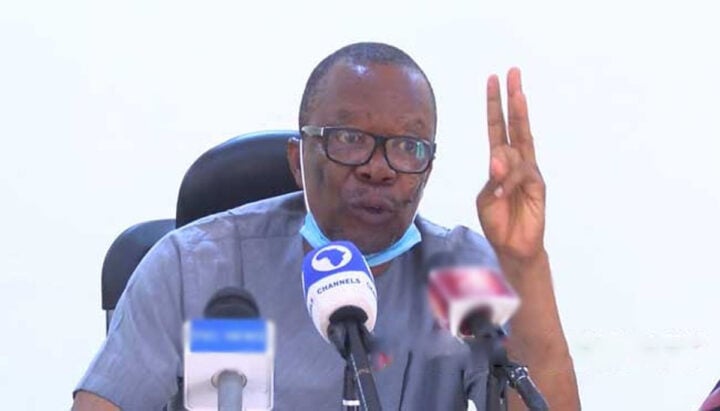Africa’s most populous nation and fourth-largest economy, Nigeria, is relevant in global business and geopolitics. Its vast resources, dynamic population, and regional leadershippresent opportunities and challenges to global players navigating economic interests and political realities.
As Africa’s largest market, Nigeria’s human and mineral resources, expanding middle class, and youthful demographiccreate lucrative opportunities for global businesses. Its rich oil reserves, growing renewables, and agricultural potentialpresent diverse opportunities in international energy markets and investment.
Considering the promise of change in the new year –particularly Trump’s re-emergence to office – leveraging the dynamics of international business and geopolitics could solidify Nigeria’s global influence.
Energy Politics: Nigeria’s Role in Global Power Struggles
Advertisement
As global geopolitics and economies evolve, Nigeria’s energy sector is crucial to sustainable development. As a member of OPEC, Nigeria is influential in determining global oil prices. The country’s oil and gas production is the largest in Africaand the 15th worldwide, with an estimated proven oil reserve of 37.50 billion barrels and natural gas reserves of 209.26trillion cubic feet.
Nigeria’s energy sector is critical to global markets, supplyingEurope, Asia, and the Americas. Its crude oil exports increased from 1.16 million barrels per day in 2023 to over 1.8 million in 2024. However, this strategic position makes Nigeria a site for geopolitical competition between Western energy giants and Chinese state-owned enterprises whichincreasingly seek to gain a foothold in its oil sector. Western companies like Shell, Chevron, and Total with decades-longoperations in Nigeria, face increasing competition from Chinese energy firms who have made significant inroads through partnerships, investments, and infrastructure projects, with over $17 billion invested in Nigeria’s oil sector in 2018.However, this geopolitical competition is compounded by domestic concerns like corruption, local content laws, and environmental degradation.
Tech and Digital Infrastructure: A New Frontier for Global Business
Advertisement
Nigeria has experienced significant digital transformation. Itsgrowing digital economy is attracting global venture capital (VC). Tech startups raised over $1.5 billion in 2021, making Nigeria Africa’s largest recipient of VC funding. Startups like Flutterwave, Paystack, and Andela are positioning Nigeria as Africa’s largest fintech hub, driving innovation.
Geopolitical dynamics like the race for 5G infrastructureinfluence this sector. Chinese tech giant, Huawei’s 5G technology deployment in Africa, including in Nigeria has sparked the United States’ (U.S.) concerns over national security risks, calling for greater scrutiny of Chinese investments. However, the increasing presence of multinational tech companies like Google, Microsoft, and Amazon highlights Nigeria as a key player in the global tech ecosystem.
Balancing Geopolitical, Economic Interests, and Risks
Nigeria’s leadership in Africa, and multilateral organizations like ECOWAS and the African Union, underscore its geopolitical importance. Its relationships with major powers like the U.S., China, and the European Union, prioritize its national interests.
Advertisement
Nigeria’s intensified engagement with China recently focusedon infrastructure development and trade. In 2023, the China-Nigeria trade volume exceeded $20 billion, making China Nigeria’s largest trading partner. While some critics highlight concerns over China’s “debt trap” diplomacy, Nigeria leverages it to address infrastructural deficits and drive economic growth. Meanwhile, U.S.-Nigeria’s partnershipprimarily focuses on governance, security, and democracy, with the U.S. being a major source of foreign direct investment, especially in the oil and gas sector. Also, Nigeria is harnessing its position in key trade agreements like the African Continental Free Trade Area – Africa’s growing single market – to further integrate into regional and global supply chains.
While regulatory barriers, corruption, security risks, and bureaucratic inefficiencies have constituted major challenges to the Nigerian business environment, recent governmentreforms to streamline operations, reduce costs, and attract FDIhave improved the ease of doing business. However, securityremains a concern in northern Nigeria with the Gulf of Guinea ranked as one of the most dangerous regions for shipping.Nonetheless, Nigeria’s vast market, resource wealth, and emerging sectors offer investment potential.
The Path Forward: Strategic Governance and Global Partnerships
Nigeria must prioritize reforms that enhance governance,security, and economic diversification to unlock its full potential. President Tinubu’s administration has focused on economic transformation and strategic foreign policy. His efforts to streamline regulations, strengthen institutions, and foster international partnerships are central to Nigeria’s future. His participation in global platforms like the G20 and BRICS reflects Tinubu’s ambition to enhance Nigeria’s diplomatic influence and global economic relevance.
Advertisement
Amid growing tension between the West and East, Nigeria faces a delicate interplay of business and politics. For global stakeholders, Nigeria represents both a challenge and an opportunity. Their success in Nigeria hinges on sustainable, ethical practices, local adaptation, and ensuring mutual growth and long-term impact.
Nigeria’s role in the global economy is undeniable. As a resource-rich nation with a burgeoning tech sector and a dynamic workforce, Nigeria offers vast opportunities for investment and partnerships. Nigeria’s ability to manage internal challenges and external relationships will shape its future and define Africa’s trajectory.
Advertisement
Oshodi, is the Senior Special Assistant to the Nigerian President on Foreign Affairs and Protocol.
Advertisement
Views expressed by contributors are strictly personal and not of TheCable.
Add a comment
